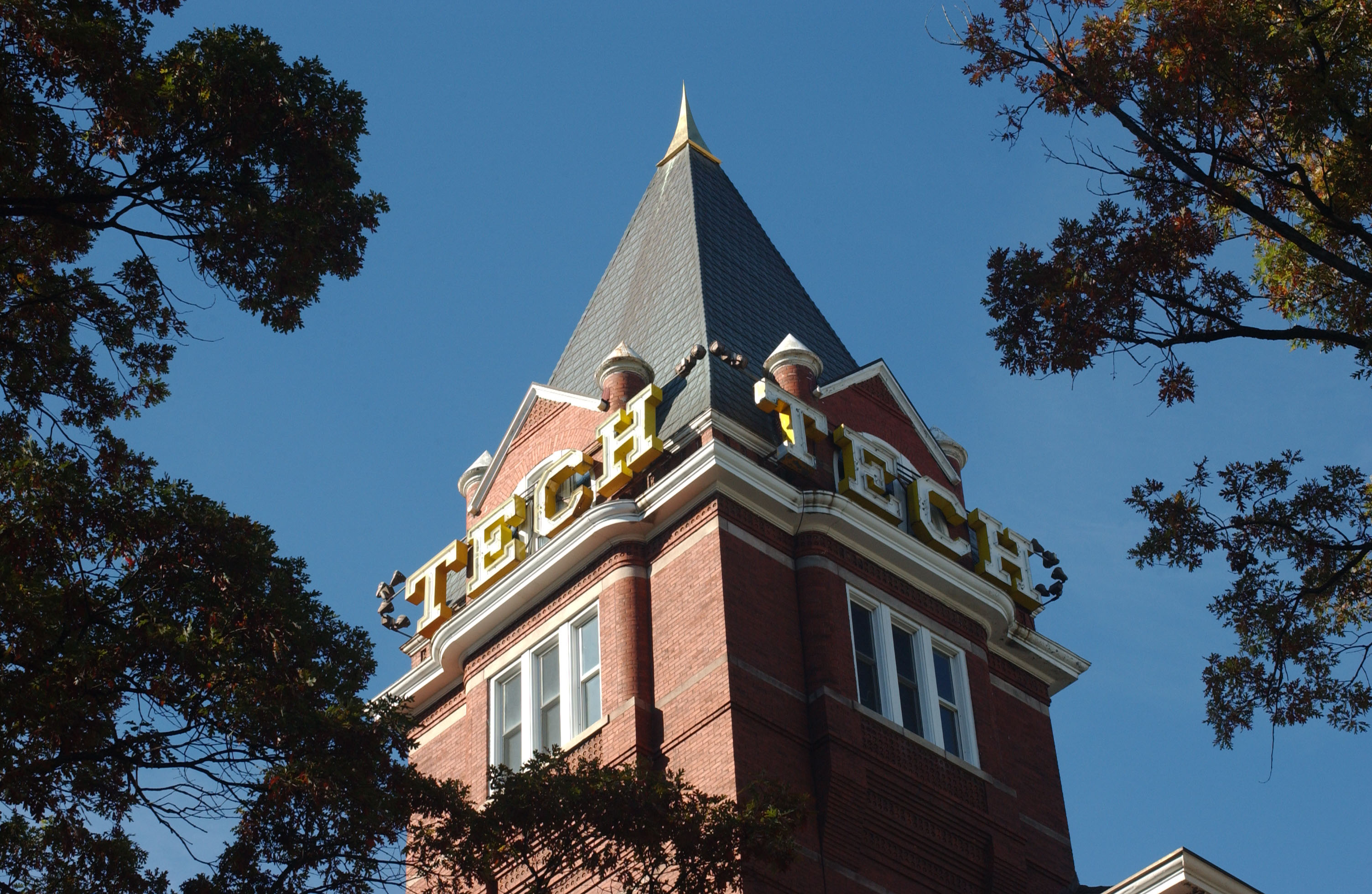
Student Engagement and Well-Being (SEWB) will launch a third division on Aug. 15. It will integrate existing departments and programs, as well as establish new ones in the coming year.
Student Engagement and Well-Being (SEWB) will launch a third division on Aug. 15. It will integrate existing departments and programs, as well as establish new ones in the coming year.
The units comprising the new division will share a mission of actively engaging students through a wide array of strategies, from arts, activities, and intercultural dialogue to social events and student organizations. The goal is to promote and sustain a sense of belonging and community for all students across all identities — in particular, those who come from historically marginalized or underserved communities.
Luoluo Hong, vice president for Student Engagement and Well-Being, spent nearly two years examining the student experience at Georgia Tech and getting a sense of the organizational culture and student priorities. “The need to build community and connection and promote belonging for all students emerged as dominant, urgent areas of work in which we could be more effective," she said.
Through surveys, focus groups, listening sessions, informal feedback, and other data from students, the importance of establishing and experiencing meaningful connections is well-documented and compelling. This conclusion is supported by the findings of a recent U.S. Surgeon General's report, which cited loneliness as a significant public health crisis.
“Whether students live on or off campus, whether they are undergraduate or graduate students, international or U.S. citizens, or hail from rural or urban communities, and regardless of their backgrounds or identities, they all have a common need — to have their humanity affirmed, to feel like they have a place at Georgia Tech, and to know that they matter to the Yellow Jacket community,” Hong said.
Known as Arts, Belonging, and Community, the new division will contribute to three of the focus areas in the Institute's strategic plan (Connect Globally, Cultivate Well-Being, and Expand Access), and to one of the four goals (Community and Connection) of the Cultivate Well-Being Roadmap for students. Existing units from Student Life that will call this new division their administrative home are the Office of the Arts, the LGBTQIA Resource Center, the Veterans’ Resource Center, and the Women's Resource Center.
In addition, Student and Campus Events Centers, which includes the newly renovated John Lewis Student Center, will also join the division.
These existing departments will be joined by two new programs during the upcoming academic year. Black Culture, Innovation, and Technology will launch in the fall and be located on the first floor of the Smithgall Student Services Building. A national search for the inaugural director will be launched later this month, and an advisory board comprised of students, staff, faculty, and alumni will convene this month to help guide the development and delivery of activities, programs, and services that facilitate access, retention, and graduation.
The second department, Intercultural Student Programs, is scheduled to begin conducting educational and outreach programs no later than January 2024. This unit will provide advocacy, services, and support to students across the intersections of their identities, as well as build capacities for all students to effectively live, work, and lead in an increasingly diverse and global context. The mission will also be responsive to the findings from the American Association of Colleges and Universities, which indicate that employers want college graduates to be better equipped to lead and work across difference and demonstrate intercultural competencies. Current activities, programs, and services in what is now Student Diversity Programs in the Dean of Students Office will comprise the foundation of this new unit.
Plans are also underway to create a new office of Commuter Student Engagement and office of Student Activities and Events as part of the new division. They will provide more programming, resources, and support to students who enroll fully online or live off campus, as well as ensure that advising, coaching, mentoring, and technical assistance are available to student organizations and leaders.
Kim Harrington will serve as the interim associate vice president of this new division until a national search is completed. Harrington currently serves SEWB as executive director and chief of staff. "Helping to facilitate a strong campus community where our students feel that they belong and know that they matter is, and always been, my career goal,” she said. “I am excited to support, empower, and work with the talented team of professionals in Arts, Belonging, and Community as we launch this new division together."
To achieve the goals and priorities of the division, collaborations and partnerships will be established across Georgia Tech. “What we do really well at Georgia Tech is celebrate our achievements, which reflects our capacity to be ‘human doings.’ With Arts, Belonging, and Community, we want to also honor and hold up our ‘human beingness’ and center that,” Hong said.
More information about the Division of Arts, Belonging, and Community can be found at belonging.gatech.edu.